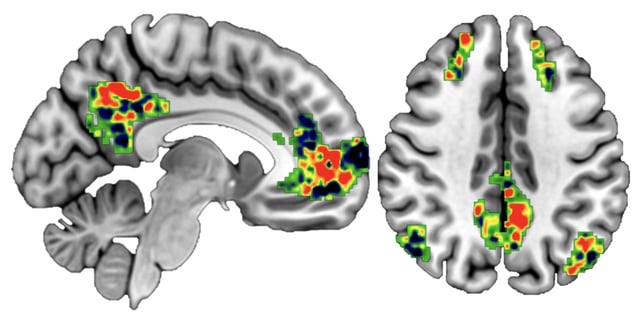Overview
- In an experimental sample of 32 adults, a recurring pattern during brief rest forecast self-related thoughts a few seconds later.
- Population analysis showed that individuals with higher internalizing scores moved in and out of this signature more often during rest.
- The results are correlational and demonstrate near-term cognitive prediction rather than prospective clinical forecasting.
- The authors say they are testing whether the signature can predict depression or anxiety onset and whether it relates to real-world social network positions.
- The peer-reviewed study by Danika Geisler and Meghan Meyer of Columbia University was published in JNeurosci with DOI 10.1523/JNEUROSCI.0037-25.2025.
